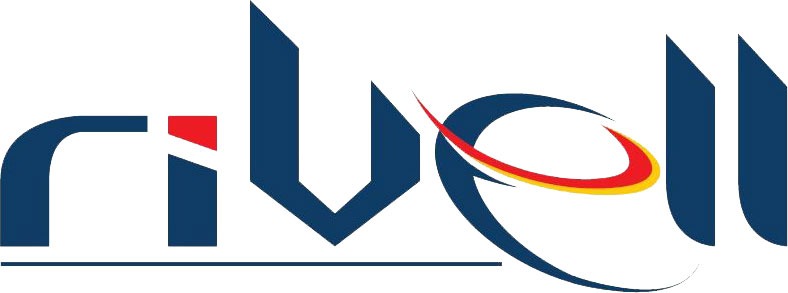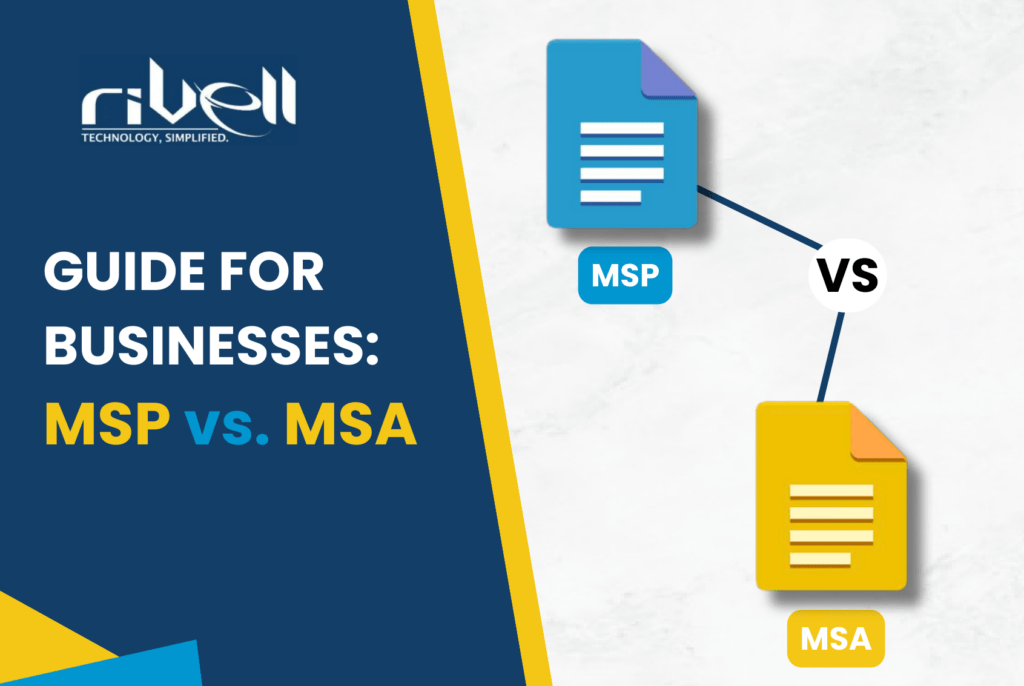A startup often brings a brilliant idea based around new technologies, but it is only when companies pick up the solutions and tools of that startup to imply change in their business processes. The two most common terms you have heard about are MSP (Managed Service Provider) and MSA (Managed Service Agreement). For organizations investing in Managed IT Services NJ, it is important to know the difference between MSP and MSA. This article will help you to explain these terms one by one, what a golden handover is, and why all of that makes sense in the context of IT infrastructure.
The new report from Markets and Markets states that the managed services market is expected to grow from an estimated $275.5 billion in 2023 to as high as $372.6 billion by 2028, at a Compound Annual Growth Rate (CAGR) of 6.2%. This expansion demonstrates a greater dependence of businesses on third-party managed service providers (MSPs) to fulfill their IT requirements. By understanding these concepts, emphasizing their specific roles in feature discrimination and choosing the right partner like Rivell is a mandatory step to substantially improve the quality of your business.
What is an MSP?
Managed Service Provider (MSP) is a third-party service provider that administers the client’s IT environment and user systems. Network management, security management, data backup and recovery, etc. are some of the functions MSPs can manage for their clients (businesses). MSPs allow companies to eliminate issues resulting from the company IT section and also provide vital information required for keeping essential operations of a company going without the need for developing an in-house IT department. According to Research and Markets, IT and managed services, infrastructure, and business applications account for 78 percent of North American MSP revenue. Other IT and managed service support and consulting services contribute to 65 percent of revenue.
Key Services Provided by MSPs
1. Network Management
MSPs are responsible for the ongoing management of a business’s network and the delivery of consistent high performance and protection from threats.
2. Cyber Security
Proactive measures are taken to protect the business from cyber threats.
3. Data Backup and Recovery
Regular data backups and efficient recovery plans are implemented to safeguard against data loss.
4. IT Support
Technical issues are solved as soon as possible, and customers can receive assistance at any time, 24/7.
Benefits of Using MSPs
1. Cost Efficiency
MSPs provide predictable budgeting with flat-rate monthly fees, eliminating unexpected IT costs.
2. Expertise and Experience
MSPs employ skilled professionals with up-to-date knowledge of the latest technologies and best practices.
3. Proactive Maintenance
Continuous monitoring and maintenance prevent issues before they cause significant disruptions.
4. Scalability
MSP services can easily scale up or down based on the business’s needs.
What is an MSA?
An MSA (Managed Service Agreement) is a contract between a service provider and a client that outlines the terms of their relationship. This agreement provides a stable base upon which future agreements and work can be located, as it clarifies how the work will be carried out consistently. The most current Managed Services Benchmark Gold Standard research shows that the collective average new managed services agreement growth rate is 20%.
Key Components of an MSA
1. Scope of Services
Detailed description of services to be provided.
2. Terms and Conditions
Legal obligations and responsibilities of both parties.
3. Payment Terms
Pricing, payment schedules, and terms.
4. Confidentiality and Security
Provisions for data protection and confidentiality.
5. Dispute Resolution
Procedures for resolving conflicts and disputes.
Benefits of Using MSAs
1. Clarity and Consistency
MSAs enable a clean and consistent contract structure for all of your future agreements.
2. Efficiency
Reduces the time and effort required to negotiate individual contracts for each project.
3. Legal Protection
Clearly defined terms help protect both parties from legal disputes.
4. Flexibility
MSAs can be modified to accommodate changes in business needs or project scope.
Integrating MSP and MSA for Optimal IT Management
In All About MSP, we need to have the proper MSAs for that, and we need to understand that IT management gets done through their script. MSPs begin operations effectively in IT arenas, yet MSAs guarantee equity in the articulation of desires from a legitimate perspective. This integration reduces overhead and ensures well-managed IT services undergo cost-effective pricing through optimizing operations and enhancing security-related aspects, delivering a higher performance level. Frankly, it means that the IT service you implemented operates really smoothly, which, in other words, creates happy customers.
For businesses seeking Managed IT services in NJ, integrating MSPs and MSAs can create a robust IT management framework. Here’s how:
1. Streamlined Operations
With an MSP handling your IT operations and an MSA providing a clear contractual framework, your business can enjoy streamlined and efficient IT services.
2. Enhanced Security
Combining the proactive cyber security measures of an MSP with the confidentiality clauses in an MSA ensures comprehensive protection for your business data.
3. Improved Accountability
An MSA sets clear expectations and accountability, which can enhance the performance of the MSP.
4. Cost Management
The predictable costs of MSP services and clearly defined payment terms in an MSA help in better financial planning and budgeting.
The implementation of Managed IT Services combined with a well-thought-out Managed Service Agreement can revolutionize your IT, making it effective, secure, and budget-friendly. If you need dependable Managed IT Services NJ, Rivell has your back. We pride ourselves on providing expert IT support that helps keep you ahead in a competitive world. Reach out to us now for further details on how we can improve our offerings for you.
Conclusion
Businesses need to know the difference between MSP and MSA in order to streamline their IT operations. MSA is a legal framework that defines the relationship between service provider and client; MS provides a set of IT services along with support. Combined, they help make it easier for businesses to concentrate more on their core activities and get the security required with less hassle.
Businesses in NJ are interested in high-quality managed IT services that keep pace with rapidly changing technological landscapes and can greatly benefit from partnering with Rivell. Take advantage of the benefits below and more by signing up for your IT future with Rivell today!











